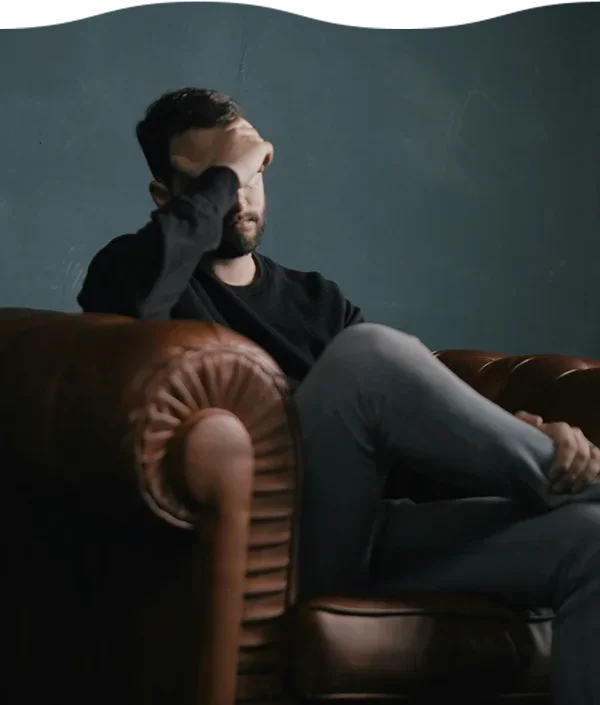
Primary Treatment
Our primary treatment centre in Cape Town, South Africa focuses entirely on inpatient treatment. While we do not offer detox services at this centre, we work closely with medical facilities that do.
While in this treatment centre, our patients will be allowed to use the internet only during designated tech slots. Otherwise, they are offline. The staff at this centre is available to patients 24/7, so patients will have access to professional care and support whenever they need it.









